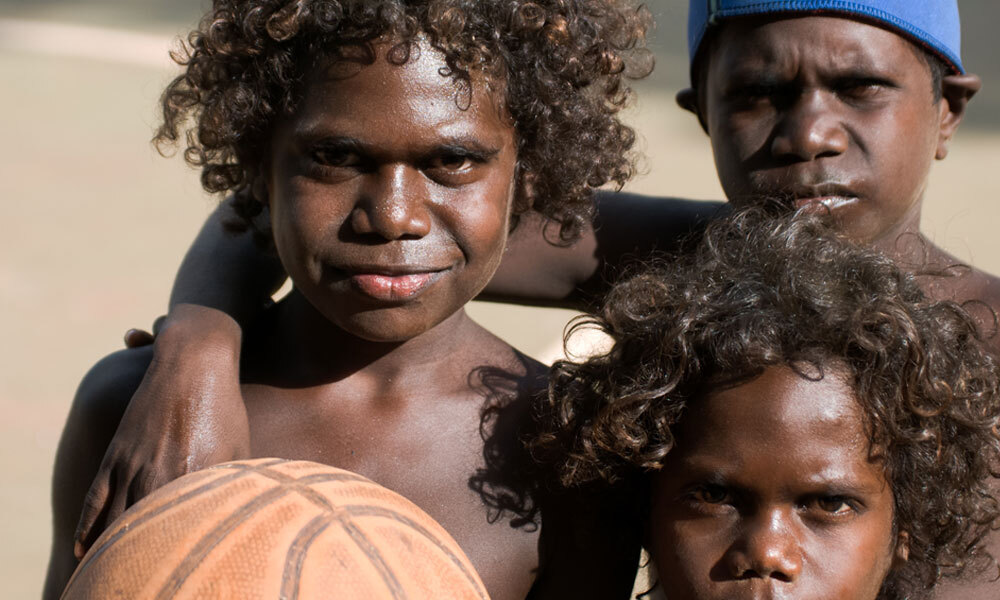Australia is a culturally diverse nation. As a medical professional, you are likely to treat people from a wide range of backgrounds, many of whom will hold different beliefs and values from your own.
For Aboriginal and Torres Strait Islander peoples, many factors affect health and wellbeing, including connection to the land, community, spirituality and ancestry. Issues, such as removal from family, racism and discrimination, may have far-reaching consequences across several generations. In most Indigenous communities, it is also important to observe social and cultural protocols, such as appropriate dress, language and general behaviour.
Cultural capability does not happen overnight; it takes time, understanding and commitment. Essential to the journey is a knowledge of Aboriginal and Torres Strait Islander peoples, their history and culture, and an awareness that every community is different. What is acceptable behaviour or language in one group may not be in another.
Delivering culturally appropriate care requires excellent communication skills, the ability to engage with patients and build trusting relationships with them. It requires a willingness to listen and learn and accept that you may make the occasional cultural mistake. Reach out to Aboriginal and Torres Strait Islander health workers. They are an invaluable resource for non-Indigenous medical professionals, providing a bridge between patients, the community and the healthcare system. Their guidance and clarification can help smooth the way to mutual understanding, respect and acceptance.







